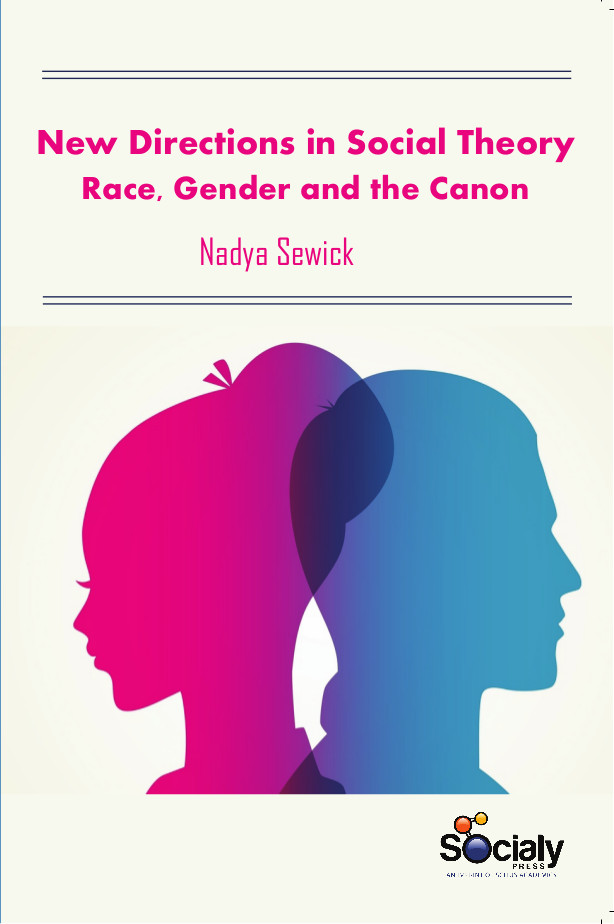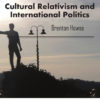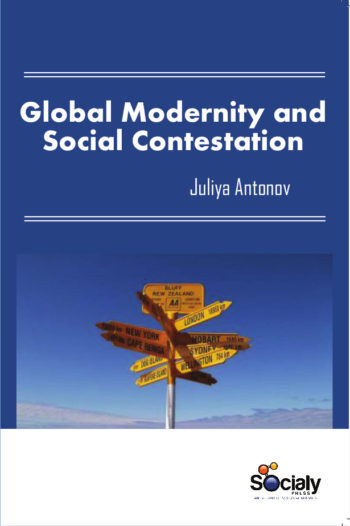Today, early in the twenty-first century, all that is changed. Individuals may strive for stability, societies may create the illusion of permanence, the quest for certainty may continue unabated, yet the fact remains that society is an ever-changing phenomenon, growing, decaying, renewing and accommodating itself to changing conditions and suffering vast modifications in the course of time. Our understanding of it will not be complete unless we take into consideration this changeable nature of society, study how differences emerge and discover the direction of change. Social theory has at least become a deliberated object of contempt in academic quarters, while standing as an icon for a host of seriously interesting intellectual labors by the younger citizens of those quarters. The business of social theory might, therefore, be said to be thinking ideas about social things that have not previously been thought. Social theory, thereby, would be the work of thinking the Unthinkable. Gone are the days when the theoretical underpinnings of sociological research could be neatly confined to the conceptual terrain of, say, structural-functionalism, symbolic interactionism, or ethnomethodology. Today, theoretical innovation in sociology results from a cross-referencing of disciplinary perspectives, a cross-referencing that scoops up and reconfigures many of the new social theories-poststructuralism, postmodernism, postfeminism, postcolonialism, psychoanalysis, and deconstruction. To advocates of the interdisciplinary turn in sociology, these new social theories are primarily valuable because they disrupt traditional disciplinary boundaries. The new theories, it is said, inflame a novel arrangement with current social processes and promote an intellectual process of expansion and transformation. When social theorists today reflect on the changing relations between the individual and society, they generally do so in ways that are intensely shaped by methodological concerns that underscore actor- and/or system-based models of analysis.
New Directions in Social Theory: Race, Gender and the Canon sociological concerns, from the investigation of power and status processes, to social movements and revolutions, to organizational and institutional structures, to world system analysis. It outlines current developments in thinking in the field of Social Impact Assessment (SIA). This book will be an invaluable introduction for graduate students, academics, consultants and practitioners concerned with social studies.













